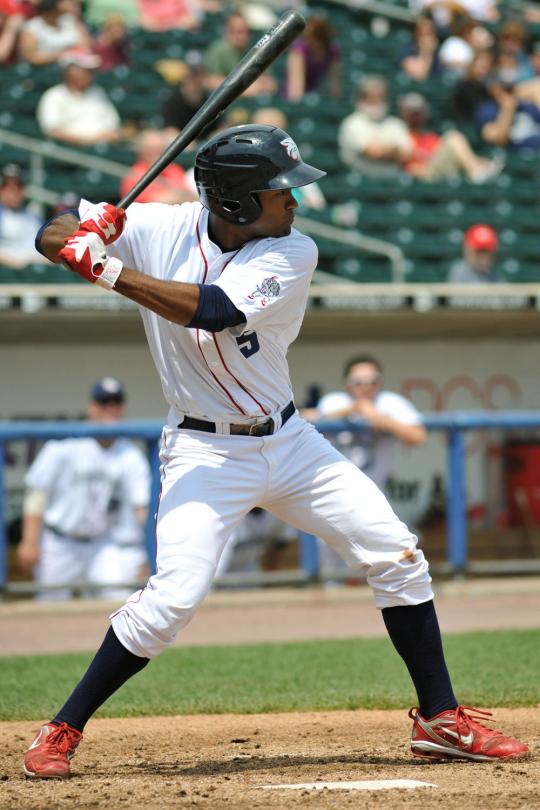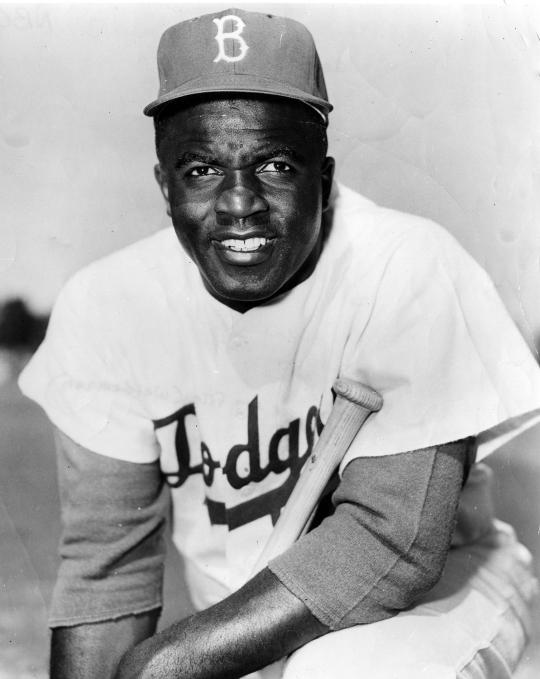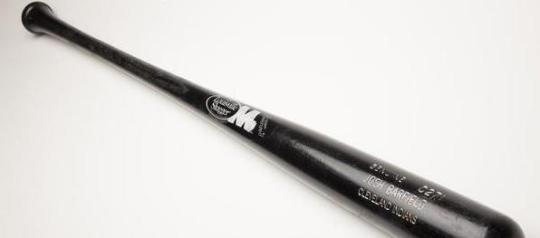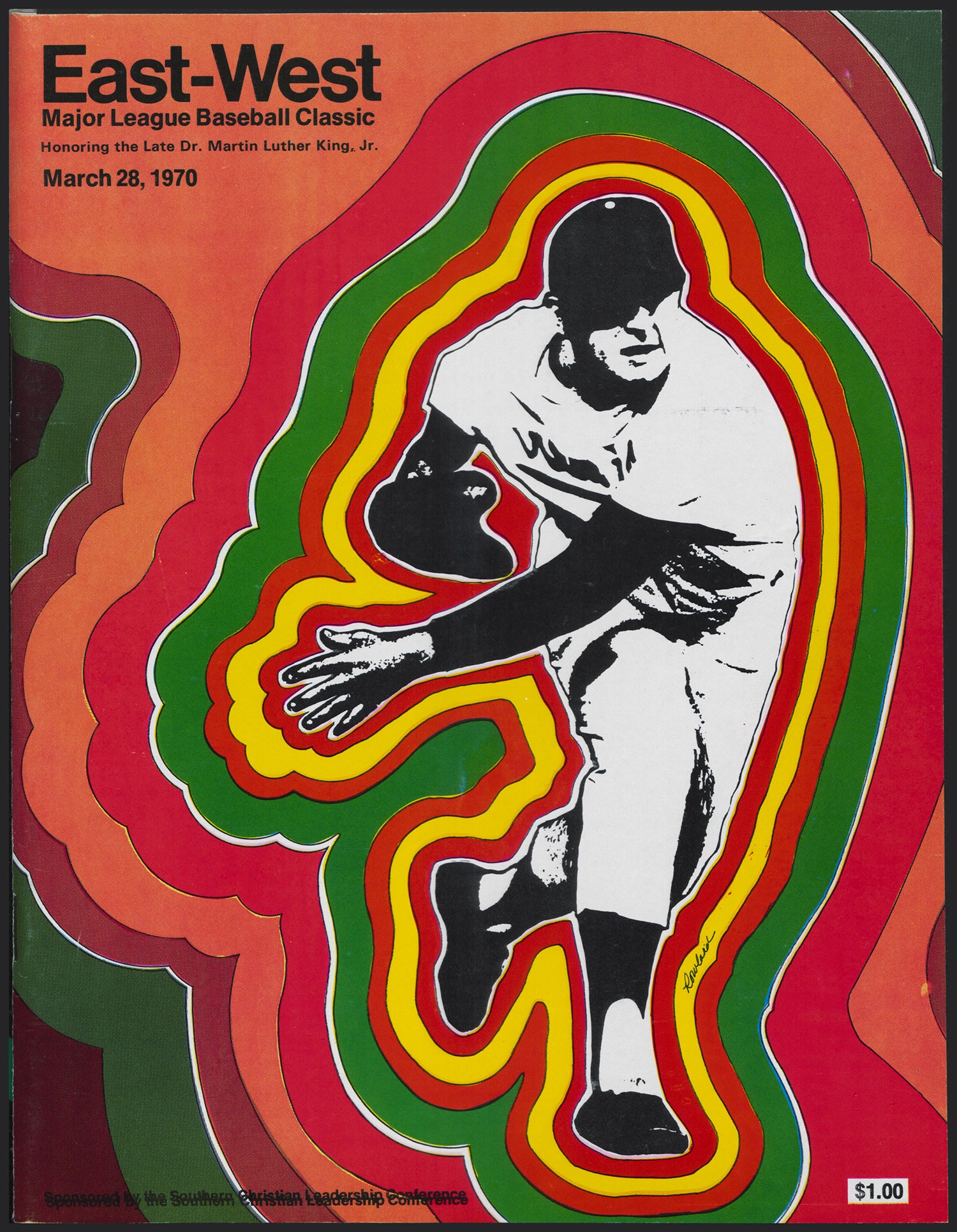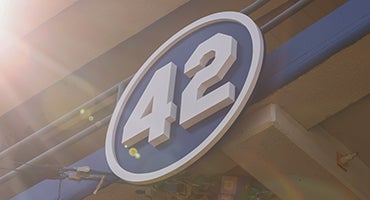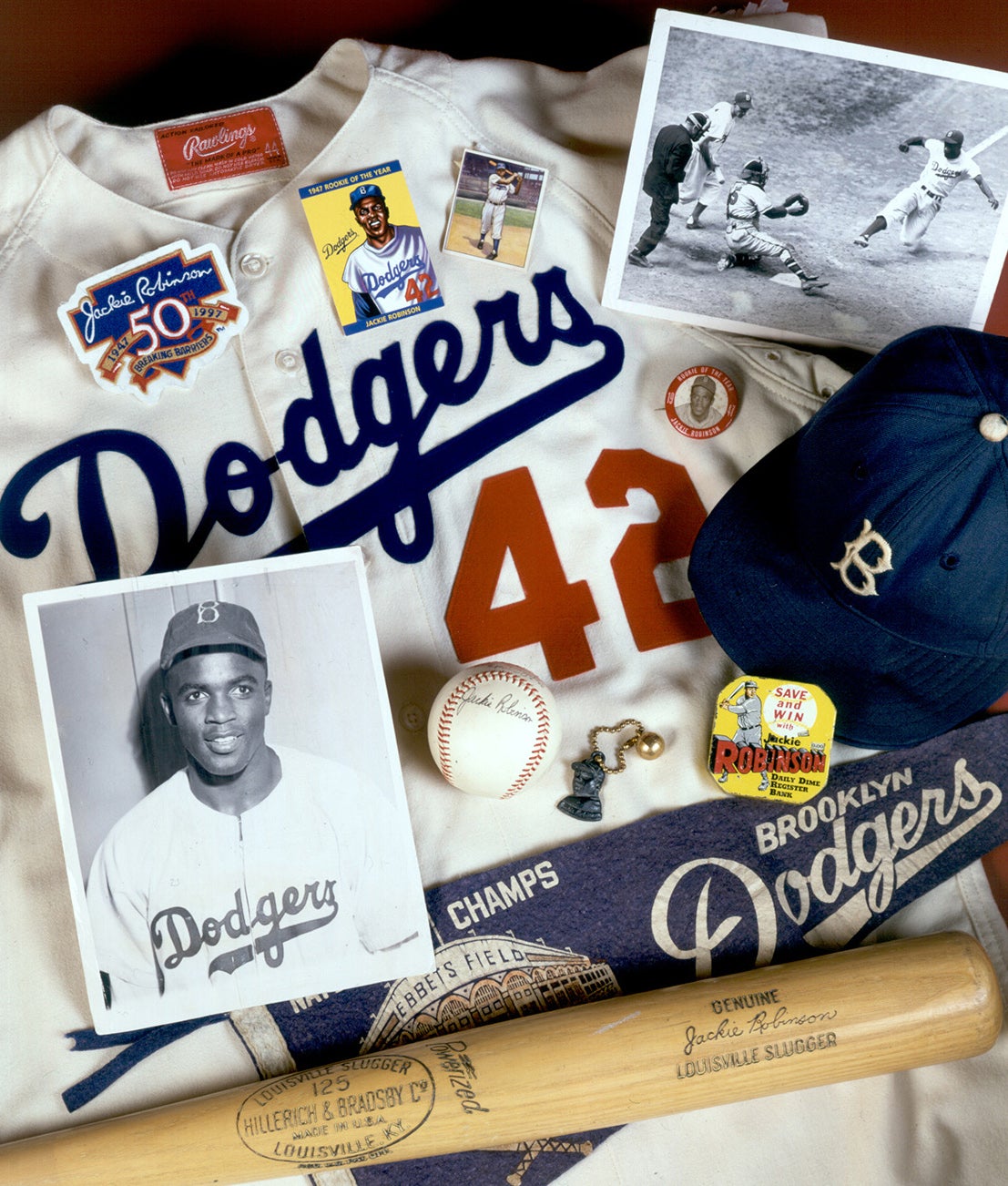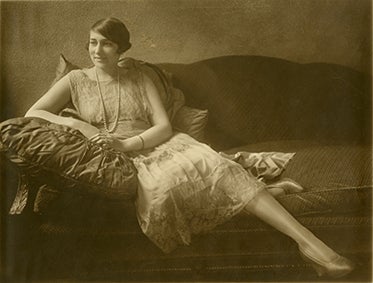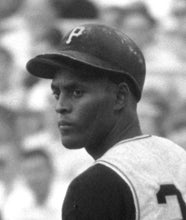- Home
- Our Stories
- #Shortstops: Playing for the 'Right' Reasons
#Shortstops: Playing for the 'Right' Reasons
One day before Major League Baseball’s Opening Day in 2007, a unique baseball game was played.
The first Civil Rights Game was played on March 31, 2007 to honor the history and people of the civil rights movement in the United States.
It had been 60 years since Jackie Robinson broke the color barrier in 1947, with baseball providing a major step in promoting the Civil Rights movement in the United States.
This inaugural game was held at AutoZone Park in Memphis, Tenn., with the St. Louis Cardinals defeating the Cleveland Indians 5-1. Both teams wore Negro League-style uniforms. And a bat used by the Indians’ Josh Barfield during the game was later accessioned into the collection at the National Baseball Hall of Fame and Museum.
The Civil Rights Game was the brainchild of Triple-A Memphis Redbirds president and general manager Dave Chase. Memphis is a fitting location for this first Civil Rights Game as the stadium is steps away from where Civil Rights leader Dr. Martin Luther King Jr. was assassinated in 1968.
The National Civil Rights Museum is located in Memphis and just down the street from the stadium. Players from both the Cardinals and Indians visited the museum while in Memphis for the game. Then-Indians pitcher C.C. Sabathia described the experience as “surreal” and that “as soon as my son is old enough to understand that stuff, we’re definitely coming back.”
Jimmie Lee Solomon, MLB’s executive vice president of baseball operations, saw the Civil Rights Game, which lasted from 2007 to 2015, as an opportunity to engage with the African-American community and increase an interest in baseball among minority youth. In 2006, 8.4 percent of MLB players were African-American. This is compared to 1995, 11 years earlier, when 19 percent of MLB players were African-American.
MLB’s “Reviving Baseball in Inner Cities” is another program that provides underserved and underrepresented youth with opportunities to play baseball and softball. Sabathia noted the importance of promoting baseball in inner cities, explaining that “it’s not just a problem – it’s a crisis.” The Civil Rights Game was another way for the MLB to reach these youth.
In 2009, the Civil Rights Game was played during the regular season and moved from Memphis to Cincinnati, Ohio. Future games were held in Atlanta, Chicago, Houston, and Los Angeles, the first Civil Rights Game on the West Coast.
The game was accompanied by the MLB Beacon Awards, which honors three pioneers, both inside and outside of baseball, for their efforts in championing civil rights. In 2007, Negro Leagues legend Buck O’Neil, filmmaker Spike Lee, and Vera Clemente, widow of Roberto Clemente, were honored.
The Civil Rights Games honored not only those who fought for their civil rights and Jackie Robinson’s role in breaking the color barrier, but also encouraged a new wave of youth to play baseball.
Kelli Yakabu was the 2018 digital collections intern in the Hall of Fame’s Frank and Peggy Steele Internship Program for Youth Leadership Development

